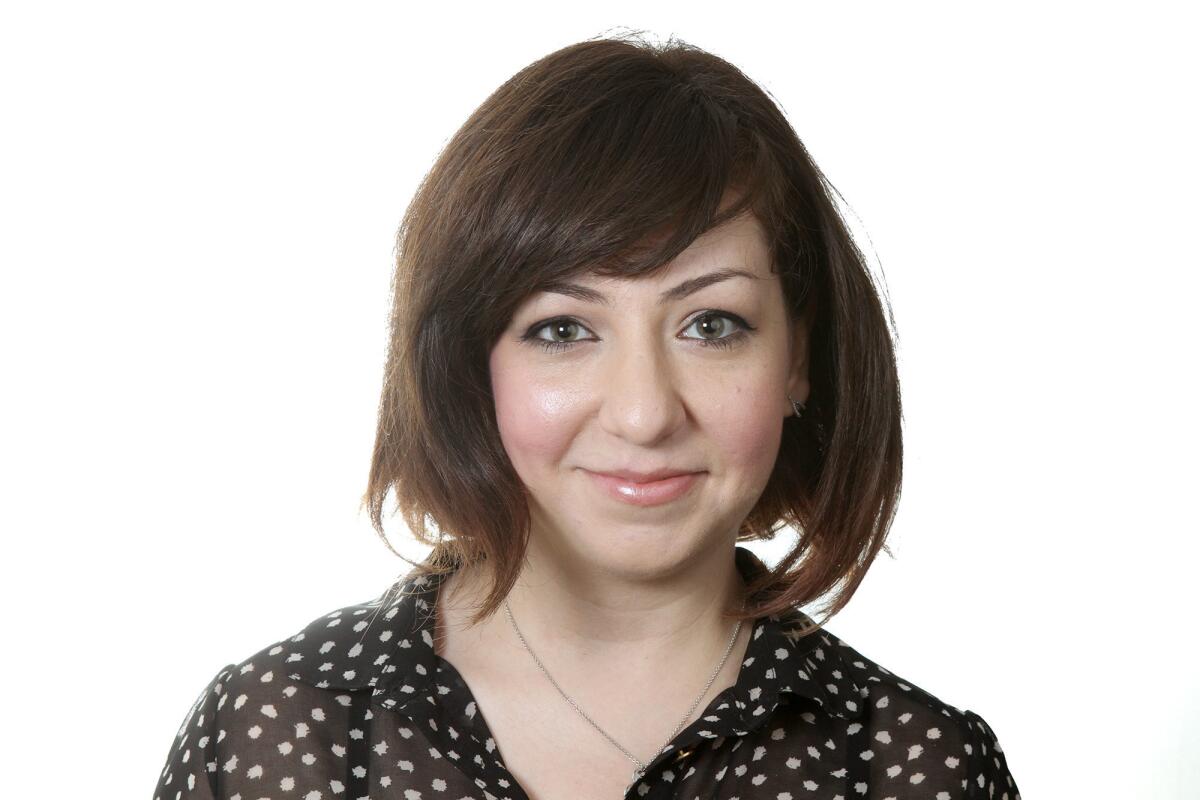Intersections: Belief in religion’s power, if not its substance

Can a person who isn’t religious thoroughly enjoy religion? It’s a question I’ve been asking myself since I fulfilled a lifelong desire to attend a midnight Mass on Christmas Eve.
It was raining, but after short walk, I walked in to a packed Victorian church built in the mid-19th century and found myself singing along to “Silent Night” with a smile.
Having been prepped in a diverse range of Mass procedures — from Armenian Orthodox to Roman Catholic, I recited prayers, wished members of the congregation who were seated around me “peace be with you,” and debated going up the pews to receive a blessing, but ultimately instead remained seated and listened to the choir sing.
This week, I eagerly counted the hours until I could wish people a “Merry Christmas” for the second time around in less than two weeks. Jan. 6 is the day when Orthodox faiths like Armenians and Greeks celebrate the birth of Christ with the same fervor other Christian denominations give to Dec. 25.
This all follows a trip I took to Germany to undertake a reporting project on refugees and religion which I continue to reflect on. Of course, this might have to do with the fact that I’m preparing to publish my work, but the subject matter — an intersection between immigration and Christianity and Islam in Europe — is on my mind frequently.
According to data analyzed last year by sociologists from the University of California, Berkeley and Duke University, the number of people who claim to have no affiliation to religion is at an all-time high.
Yet despite this, religion still seems to be such a big part of people’s lives. It guides them, gives them ground rules and becomes a source of hope when there otherwise isn’t any. It makes people feel part of something bigger, something higher, something worth fighting for and something to hang onto when — as human lives tend to go — things go completely mad.
Organized religion doesn’t factor into my life — I don’t particularly look to it for guidance, I always found it rather odd that whenever celebrities go up on stage to collect awards they thank God, and it thrills me to know that many of our modern religious traditions have their roots in paganism — from Christmas trees to Nowruz, the Persian New Year.
But I enjoy it. I enjoy the historical and spiritual energy in places of worship, the ceremony of it all, the smell of incense and the music that makes the hair on your arms stand up.
I have enjoyed taking part in Passover Seder meal, and spending the first night of Ramadan in a local mosque and hearing an Armenian church choir sing the most melancholy of songs — a summing-up of our collective history and psyche in a matter of three minutes.
Mostly, I love the tradition. I have an appreciation for religion, and its role in our lives.
Can I enjoy something in which I don’t believe? Does that make me a fraud? Maybe the simple explanation is that I enjoy it because it’s a reflection of natural human behavior, a way for us to make sense of things, to comfort each other.
After all, strip away the excess baggage and the message becomes simple: do good and be good. That’s a mantra agreed upon regardless of religion.
When I lit a candle at a church at the beginning of the year and said a silent prayer, was I being sincere? I was. Perhaps I was succumbing to my human instinct to do good and be good, and the candle and prayer were a manifestation of that. Perhaps, at the deepest level in my mind, I want to believe, or at the very least, I want to feel more connected, more human.
--
LIANA AGHAJANIAN is a Los Angeles-based journalist whose work has appeared in L.A. Weekly, Paste magazine, New America Media, Eurasianet and The Atlantic. She may be reached at liana.agh@gmail.com.